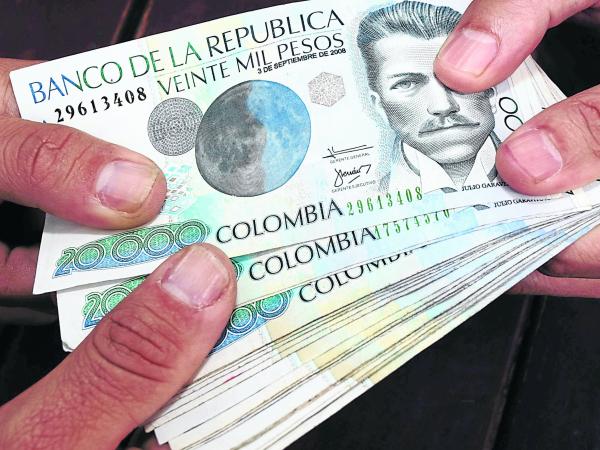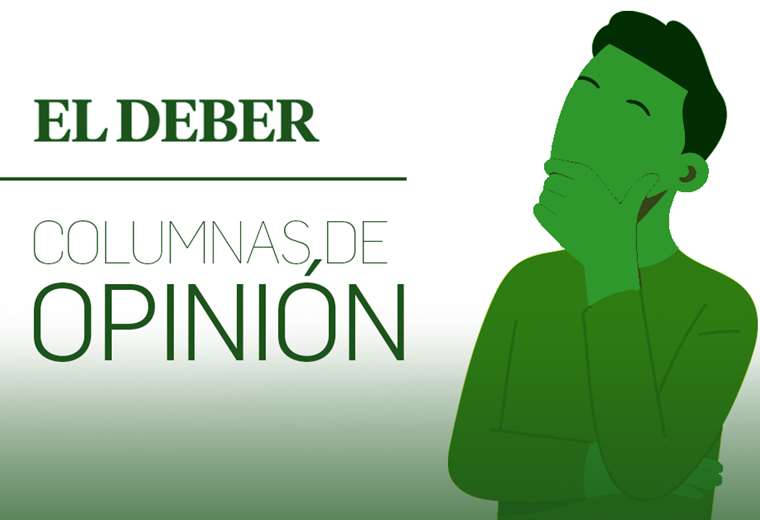Silence, intimidation, harassment, fewer campaign resources, threats, delegitimization are some forms of violence experienced by women in politics.
To face this problem, the Network of Political Action for Sustainability (Raps) launches, this Tuesday (26), the A Practical Guide for Women in Politics.
The publication gathers testimonies and guidelines for these cases to be recognized as violence, denounced, based on the Law 14,192and gain repercussion in society.
“An essential aspect is the fact that inequality between men and women is a human rights issue and political violence against women needs to be seen as a threat to democracy”, defends Mônica Sodré, executive director of Raps.
In Brazil, women are almost 52% of voters, but in the 2020 municipal elections, for example, there were only 12% among elected mayors, according to data from the Superior Electoral Court (TSE). “This has nothing to do with a lack of will, nor a lack of desire or ability”, he criticizes.
Mônica recalls that this scenario is the result of structural issues such as machismo, which means that the participation of women in leadership positions is not encouraged and that there are many institutional barriers. “It is not uncommon for women in their campaigns and electoral disputes to have fewer resources than men’s campaigns”, exemplified the director.
Research by UN Women showed that Brazil ranks ninth among 11 Latin American countries in terms of women’s political rights.
Depositions
The guide brings the testimony of 16 Brazilian political leaders who reported their experiences and how they faced situations of embarrassment, aggression and other types of violence while campaigning or exercising political office or mandate.
Based on these reports and consultation with six experts, the publication mapped the types of political violence – psychological and moral, symbolic, institutional, sexual, physical and patrimonial – and possible paths to be taken to combat the problem.
Legislation
In addition to the quota defined for the election for the participation of the minority gender, in this case the female, two other laws of 2021, 14,192 and the 14,197brought a specific look at political violence and gender violence.
“The first combats political violence against women with a special focus on campaigns and mandates, and the second adds the crime of political violence to the Penal Code, and provides for three to six years of imprisonment for the aggressor, a fine and also the punishment corresponding to violence”, says Mônica.
She considers the rules an advance, but considers that other actions are complementary. The first of these is education for equity. “Secondly, structural changes, women need to be in decision-making positions, and that’s everyone’s job”, she proposes.
Third, the Raps director mentions the respect and referral of complaints made by women. Fourth, having a network that allows for reporting as well as punishment. “It is very common for a woman, when making a report on the occurrence of violence suffered, to have the report drawn up as an episode of slander, of defamation”, she quotes.
Guide
In addition to guidelines on how to recognize, gather evidence and report, the publication also includes a map with indications on support networks and self-care. “Reporting is important, but we know that it is not always possible, and it is not always easy, so we point out a set of paths there, which can be part of this trail and can complement the aspect of the complaint”, explains Mônica.
She recalls one of Raps’ actions in 2020, which provided free psychological support to all mayors linked to the entity. These examples are part of the guide. The idea is that other reports and contributions can be sent for new editions.
A survey by the Instituto Alziras with 45% of the 649 mayors elected in 2016 showed that 53% of them had already suffered harassment or political violence for the simple fact of being a woman, and 30% had suffered harassment and symbolic violence in the political space.
“Identifying when these episodes happen is not always easy. Knowing what to do is also not simple. This guide makes a concrete contribution, which is to help women, regardless of where they are and where they want to be, to have effective ways to position themselves when these cases happen”, explains Mônica.









